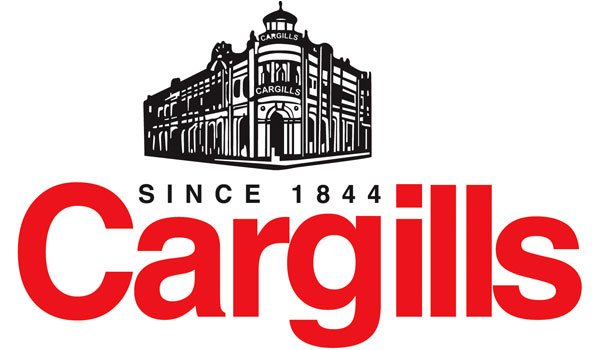Organized retail trade was only 16 percent of the total in Sri Lanka. Cargills Food City chief Ranjith Page said the first shop was opened in Colombo's Staples Street in the early 1980s.
"So the investments would be made in the supply chain, and also on the front end," he said. "It has taken the country almost 30 years to get to 16 percent.
"Now to get to the next 15 or 16 percent I do not know whether it will take 30 years or 10 years but nevertheless Cargills Food City will would be a lead player in converting and developing the industry."
With the growth of Food City into the provinces even standalone shops are going self-service, creating an entire industry in making shelving and point of sale machines. The mostly air conditioned shops with computerized cash machines were also providing higher quality jobs.
IFC Sri Lanka chief Adam Sack said in Thailand the organized trade was 40 percent, and in China it was 60 percent.
"Retail is an important engine of growth for Sri Lanka and other countries," Sacks said. "We have invested more than 600 million dollars in retail around the world.
"Retail is a tremendous generator of jobs for youth. Retail is an important source of revenue for the country.
"Another critical factor for us is the way that retail, and particularly Cargills can contribute to the development outside the Western Province.
"Through the expansion of the Food City network, we see many more communities, many more districts benefiting."
Sack said Cargills' supply chain benefitted farmers and producers. The chain already had 10,000 farmers and other suppliers.
Retail was a source of tax for the government. Organized retail was an easy source of tax as accounts were kept making them easy sources of tax unlike small scattered shops.
Cargills had been hit by a so-called 'deemed value added tax' where it was asked by the state to pay tax on VAT exempt items such as vegetables, seafood and rice by limiting the company's ability to reclaim taxes.
Page said the firm was "engaging" with the new administration about the deemed VAT.
"If we are to contribute towards the development of agriculture and the rural sector and create sustainable jobs they will have to re-visit some of these VAT impacts towards the organized trade," he said.
"We are not expecting immediate answers, we believe that the state needs to re-visit this as soon as possible because it has an impact on the cost of living, an impact on the rural communities and the livelihoods of thousands of farmer families."
Page said Food City was also teaching farmers how to grow and supply higher quality food by sending agricultural extension officers. It also ran a school to upgrade the skills of retail workers.
While Sri Lanka's Cargills, Keells and Arpico chains owned by ordinary citizens are taxed at unsustainable levels, Lak Sathosa, a ruler-run retail network built with taxes extracted from the people is operating without paying value added tax, and is operating in a 'legalized' tax avoidance scheme, critics say.
The new state-run chain was started despite Sathosa, the predecessor of Lak Sathosa, collapsing under a mountain of defaulted debt, losses and corruption about 15 years ago.
(EconomyNext)






